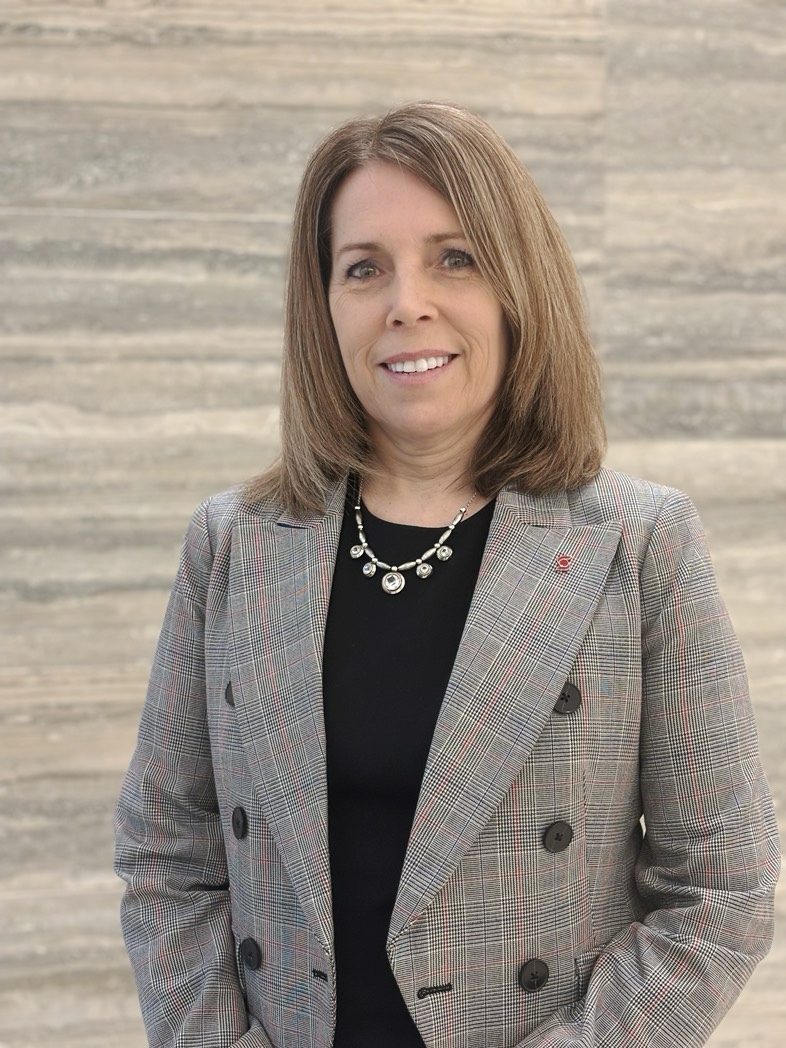This article was produced as part of an Inclusive Journalism Microcredential offered by New Canadian Media and Seneca Polytechnic. Learn more here.
Newcomers in Canada are more than twice as likely to fall prey to scams compared to other residents, with more than one-third reporting they have been targeted by fraudsters, according to Scotiabank’s 2024 Fraud Poll.
Some 38 percent of newcomers polled say they have been the victim to at least one fraud compared to just 17 percent of other Canadians saying they have been victimized.
Frauds targeting newcomers include social media scams (49 percent), job scams (46 percent) and immigration scams (22 percent), Scotiabank says.
According to the Canadian Anti-Fraud Centre (CAFC), in 2023 alone, Canadians lost a staggering $567 million – an increase of $37 million from 2022.
The top three most reported types of fraud were identity fraud, service fraud, and phishing – all designed to get you to pay or give away sensitive information like your social insurance number, passwords or banking details. The top three frauds reported that had the highest level of financial impact were investment scams, spear phishing, and romance scams.
The CAFC received 116,403 reports which included at least 41,873 victims of fraud in the past year.
Fraud prevention measures
Newcomers and other Canadians agree on the necessity for more comprehensive education concerning financial fraud, with 95 percent and 91 percent, respectively, advocating for increased awareness and knowledge in this area.
Scotiabank’s analysis of fraud prevention practices also reveals notable differences between newcomers and long-time residents of Canada:
- Newcomers are 47 percent more likely than long-time residents to regularly discuss financial security and fraud prevention within their community.
- Newcomers are 46 percent more likely to use a password manager app compared to long-time residents.
- When it comes to frequently updating passwords to protect online accounts, newcomers are 16 percent more likely to do so compared to long-time residents.
Tammy McKinnon, Scotiabank’s SVP of global fraud management, spoke with New Canadian Media on practical tips to protect against financial fraud.

“It is important for everyone to be mindful and skeptical of unsolicited communications, especially those requesting either some kind of payment or personal information. It is always best to verify the legitimacy of any request directly with an official account or channel. So, if somebody is receiving a call from a delivery company, it’s best to hang up and call the delivery company back,” McKinnon said. “We would also recommend people monitor their financial statements and their online banking accounts on a regular basis. That is the best way to pick up if something doesn’t look right, they can identify it early.
“Banks and other institutions are now increasing their level of multi-factor authentication, and many will send something called a one-time passcode for your bank account. No one is ever going to ask you for that from a bank. We recommend that the one-time passcode not be shared with anybody. If anyone is calling to ask for that passcode, that is a red flag. It is not advised that you give that one-time passcode to anybody; hang up and call back to your branch or visit the branch directly.”
Fraud prevention measures that focus on a localized, hands-on approach are becoming increasingly relevant in addressing the issue.
Crime Stoppers Guelph Wellington (CSGW), a non-profit charitable program focused on promoting awareness of and combating crime in southwestern Ontario, has been making efforts to combat frauds and scams through educational presentations called Fraud Talks. These sessions aim to educate attendees about the tactics used by fraudsters.
CSGW program coordinator Sarah Bowers-Peter said frauds can happen to anyone from any demographic but understands how new Canadians might be more vulnerable.
“For someone who’s new to Canada, maybe English isn’t their first language, they’re not familiar with their new country,” Bowers-Peter said.
She’s aware of an instance of a young person new to Canada getting caught up in an online scam involving a vehicle sale.
“A young person new to Canada had been saving for a vehicle and had been working for months saving up to get a vehicle so that it would make their commute a little easier,” she said. “They searched for a vehicle, thought they had a good opportunity and it ended up that the person defrauded them of the cash and there was no vehicle for sale.”
Bowers-Peter said situations like this must be frustrating for newcomers who may have come to Canada in search of opportunity to have this happen.
“The sad thing is that for some people they feel stupid, they feel like they’re to blame for what’s happened to them which is not the case at all,” Bowers-Peter said. “This is absolutely a situation where someone has been taken advantage of.”
Alongside Immigrant Services Guelph Wellington, CSGW has begun holding Fraud Talks in languages besides English starting with Vietnamese and Mandarin and the organization also plans for sessions in Arabic and Tigrinya.
Keegan Kozolanka is a general assignment reporter for EloraFergusToday, covering Wellington County. Keegan has been working with Village Media for three years and helped launch EloraFergusToday in 2021.
Makhabbat Aitekenova, a journalist from Kazakhstan, is a graduate of Nazarbayev University, the country's top institution known for its English-language instruction. With over five years of experience in broadcast journalism and digital media, Makhabbat is skilled in writing for television, radio and newspapers. She recently arrived in Canada in September 2023, with plans to further her career in journalism, focusing on local and immigrant stories. In her spare time, Makhabbat enjoys reading books about Canada, with her latest literary delight being 'The Colony of Unrequited Dreams' by Wayne Johnston. You are welcome to follow her on LinkedIn and X.



